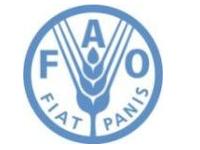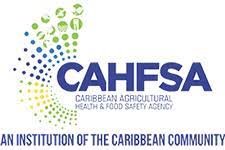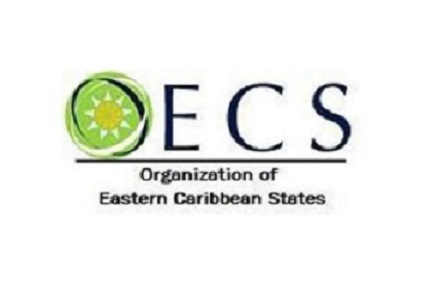Agricultural education is defined as subjects about food, agriculture and natural resources being taught by a teacher, according to the National Future Farmers of America Organization. It teaches students other skills like Business, Communication and Marketing which they can use in their future aspirations.
In the Caribbean, Agricultural education uses experimentation to encourage students to grow their own food. Globally, there are farming programmes like the Spain-Fao Programme for Latin America and the Caribbean which seeks to improve policies and programmes for nutrition and food security, this would support the development of policies for family farming. Agricultural-based school projects are given to test the knowledge of the students, for example, on how to grow their own food at home.
Agricultural Education is important as it teaches the new generation how to conserve their natural resources. Considering climate change and global warming, the new generation can utilize all informational tools to educate themselves about plant pests and plant diseases. They can learn how renewable resources can help the environment and help protect it.
Read more about this from the sources below!
Source:
FFA – Agricultural Education
FAO – Programmes and Projects
USDA – Agriculture Education Toolkit
NAAE – What is Agricultural Education?
CARDI – Agricultural Training – Caribbean
ResearchGate – Agricultural Education: Building Upon Our Roots













